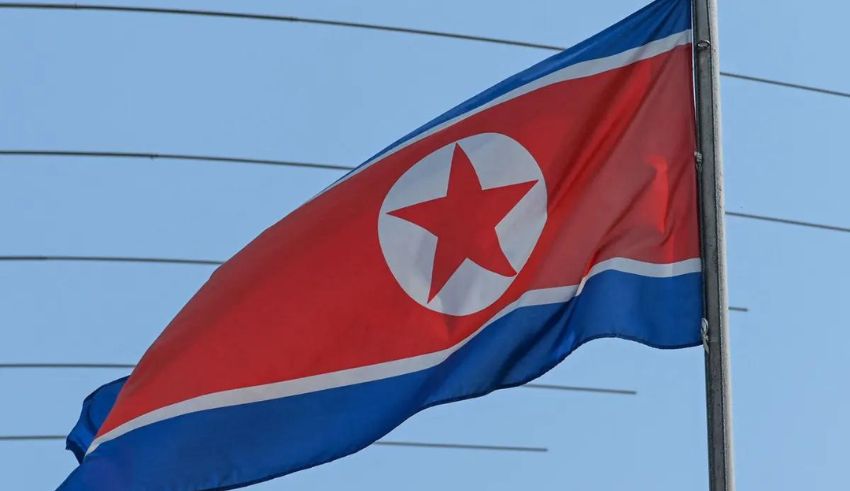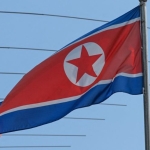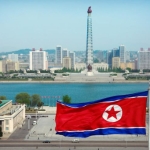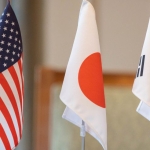
In a move triggering heightened global concerns, North Korea has officially declared plans to launch a satellite, possibly within days, intensifying tensions on the international stage. This marks North Korea’s third attempt to deploy a military satellite, with previous efforts in May and August encountering setbacks. Despite explicit warnings from South Korea, Japan, and the United States against such provocations, North Korea appears resolute in its pursuit, potentially violating standing UN resolutions.
The Japanese coast guard issued a notification, indicating a launch window between November 22 and December 1, prompting South Korea’s Ministry of Oceans and Fisheries to issue a navigation warning for ships. Japanese Prime Minister Fumio Kishida expressed staunch disapproval, pledging to demand the launch’s cancellation and prepare for unforeseen circumstances.
Adding intrigue to the unfolding situation is speculation surrounding North Korea’s potential receipt of technical assistance from Russia, potentially influencing the upcoming launch’s success. Reports suggest Pyongyang sought guidance from Moscow, possibly in exchange for arms transfers. The use of ballistic missile technology by North Korea would directly defy UN resolutions, leading Japan to coordinate responses with South Korea and the United States.
Keep Reading
North Korea identified three maritime zones that could be impacted by the launch, aligning with those specified during the failed attempt in August. This alignment raises questions about the extent and capability of North Korea’s missile technology.
South Korea’s intelligence agency had previously warned of North Korea’s advanced preparations, indicating a higher likelihood of success this time. Defense Minister Shin Won-sik suggested the launch could happen as early as this week. The South Korean military has pledged necessary measures to ensure citizens’ safety if the launch proceeds.
Speculation looms that President Yoon Suk Yeol might suspend the validity of the September 19 military agreement, a pivotal deal aimed at de-escalating tensions on the Korean Peninsula. Analysts suggest that, in response to North Korea’s actions, South Korea might conduct test-firings of its own mid- to long-range ballistic missiles.
The international community closely monitors these developments, recognizing that any provocative move by North Korea has the potential to destabilize the region and escalate geopolitical tensions. The situation remains fluid, with uncertainties about the launch’s success and subsequent responses from neighboring countries, keeping the world on edge.


























